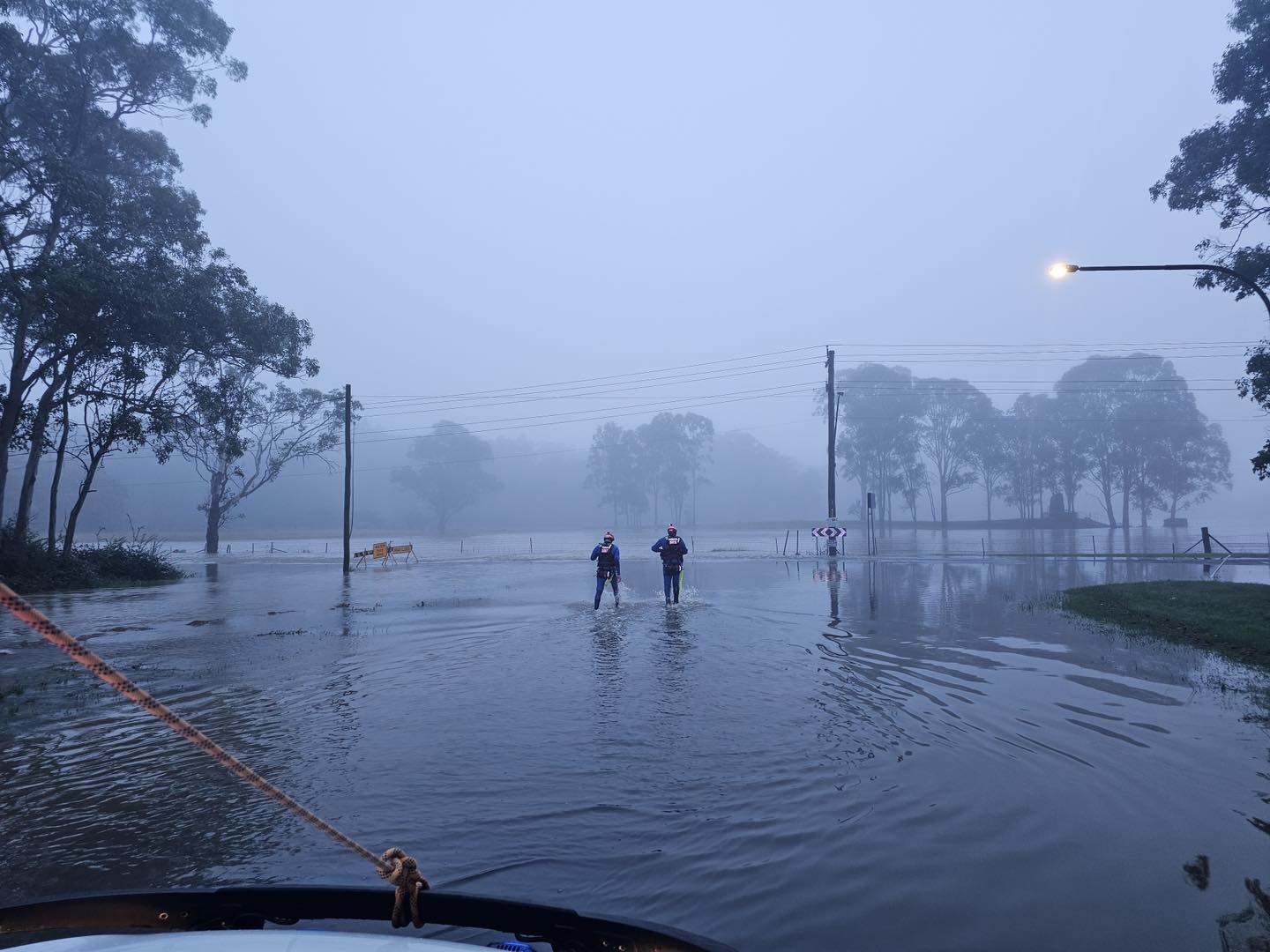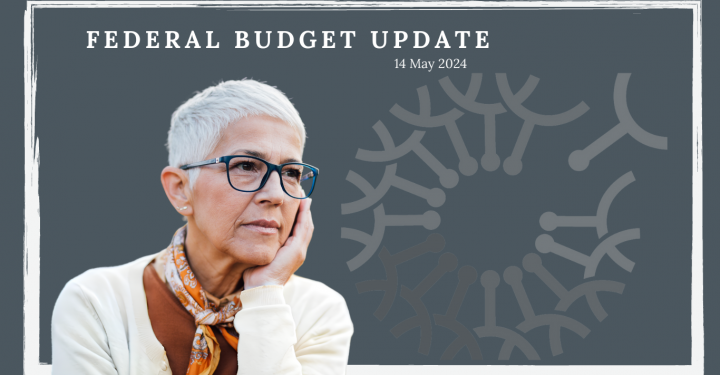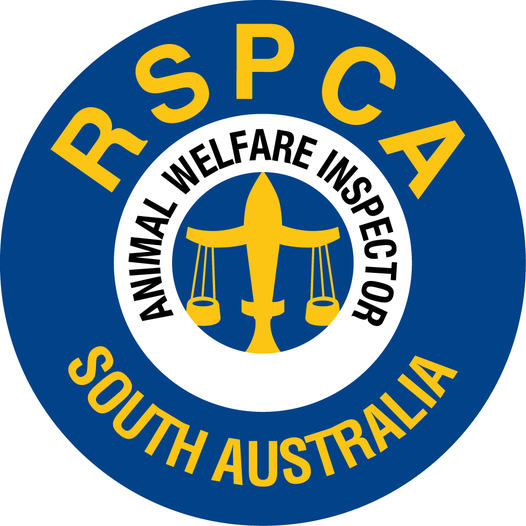A new State Government pilot program being delivered by two leading community organisations is helping young people in care with complex needs transition smoothly into adult life in regional South Australia.
The Transition to Adult Life Intensive Pilot Program (TALI) is being delivered in the Iron Triangle (Port Augusta, Port Pirie and Whyalla) due to the high proportion of young people in care in the region.
Young people with complex needs will be assigned case managers, as well as peer mentors, who will work closely with them to address life skills and needs including housing, health, education, employment, finances and parenting, as well as connection to culture, country and community.
At least 45 young people aged 15 to 25 who have been in care for more than six months and who are transitioning to adult life within the next 12 months will be offered the intensive support service.
Minister for Child Protection Rachel Sanderson said the program would be invaluable to young people who faced multiple barriers transitioning to adult life from a residential or commercial care placement.
“We know that young people leaving care often experience poor post-care outcomes for education, employment, financial security, mental health and accommodation, Minister Sanderson said.
“We also know Aboriginal young people are much less likely to stay connected to family, community and culture.
“This is why, I’m excited the Department for Child Protection, in conjunction with two reputable community organisations, has launched this pilot program to ensure we are doing all we can to support young people thrive in the future.
“My aim is to provide every opportunity for young people in South Australia’s child protection system to flourish and have life choices – and this pilot program will help them do just that.”
Latest figures from 2017 show 81 of the 495 young people in care in the Iron Triangle were aged 15 and over.
The TALI program was set up in response to the Nyland Royal Commission and is being delivered through Uniting Country SA and Centacare Catholic Country SA, in partnership with the Department for Child Protection.
Department for Child Protection Chief Executive Cathy Taylor said a key part of the program included peer mentoring, which would see young people who have left care share their lived experiences.
“Peer mentors will help young people in the program to support their achievement of case management action plans, with a particular focus on life skills practice, vocational tasks and developing or maintaining social, cultural and community connections,” Ms Taylor said.
“Our vision is that this program will allow young people to thrive, not just survive, when they transition out of care.”
United County SA TALI Manager Deb Devlin said the organisation was “very excited” by the calibre of young people who had been appointed as peer mentors to the TALI team.
“We are particularly keen to speak to young Aboriginal people in our community who are comfortable being role models,” Ms Devlin said.
“If they have goals of being a youth or social worker this is a great opportunity to work in the field while studying.”
Centacare Catholic Country SA Chief Executive Officer Dr Jen Cleary described the program as “powerful” because peer mentors could share their experience to help support other young people transitioning from care to adult life.
“The peer mentors are a powerful addition to the program which provides role models to help young people believe and understand that they can achieve,” Dr Cleary said.
The program will run until June 2020. The success of the program will be evaluated to see if there is potential for it to be rolled out to other regions.








